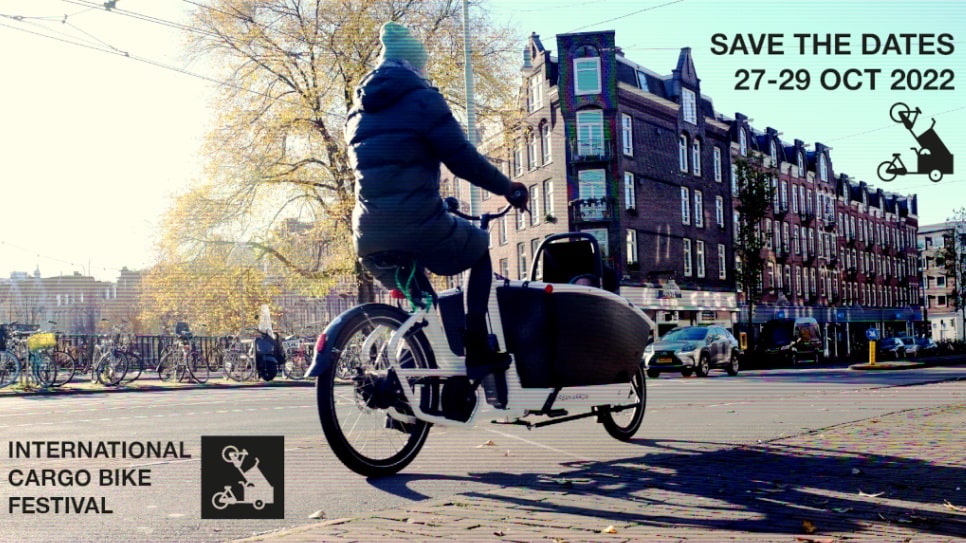Prague’s cargo bike boom – a case study for urban last-mile deliveries
Comments Off on Prague’s cargo bike boom – a case study for urban last-mile deliveriesSource: Autonomy Network
Prague remains a key location for cargo bike urban integration, having opened two city center depots. After operating for a sustained period, the success of the scheme can now be evaluated.
Prague’s two cargo bike depots opened in 2020 and 2021 respectively, being recognized by the 2021 Eurocities Awards as a low-carbon alternative to last-mile van delivery. The principal is simple, a van drops off packages at the central depot, which are then delivered across the city via cargo bike. In Prague, hilly terrain leads to a preference for e-cargo bikes, allowing riders to tackle tougher terrain with ease. Thus far, each depot has delivered approximately 7,000 orders per month, with each location housing up to eight companies.
Successful collaboration between public and private sectors
Operating companies pay a small fee to cover depot running costs, and hence, the city administration does not have to contribute a stake in the project outside of the initial construction cost. For a relatively low price, the depot helps to achieve Prague’s long-term vision to promote cycling and change its citizens’ attitudes to this means of transport. The depot also contributes to the city’s pledge to lower its CO2 emissions by 45% by 2030 and to be carbon neutral by 2050.
The project is a good example of cooperation between different actors. The pilot project was approved by the city council based on a study by the Prague Institute of Planning and Development. It took only three months to execute the proposal. Ekolo, the company setting up and running the depot, attributes this success to intense cooperation between the logistics firm and city-run companies.
Domestic firm (Dámejídlo, Zásilkovna, Rohlík or WEDO) and international firms (DHL, Dascher, GLS) both profit from the innovation. Twelve enterprises use the two depots at present, but Adam Scheinherr, mayor’s deputy for transportation, is in talks with companies that could not be accommodated in the first depots. A representative of Ekolo started helping with similar cargo bike projects in London, Copenhagen, and Lille.
Potential to inspire future action and lessons learned
As the largest depots of their kind, Prague’s cargo bike scheme offers both a point of inspiration and a case study from which to learn. Of course, it is commonly accepted that electric cargo bikes are an optimal delivery vehicle; speedy, quiet, low polluting, cheaper, accessible, etc. however, new insight can now be utilized to further improve customer and driver experience.
The key lessons learned for future projects were:
- More depots are required: This will minimize driver distance and reduce delivery times.
- Unsustainable trends must still be recognized: Overconsumption and the negative impact of deliveries and packaging are still prominent issues for the majority of parcel lifetimes. More localized production is required.
- Worker experience must be improved: One recent example concerns an online grocery store, Rohlik.cz, one of the companies using the depot. The firm reduced the couriers’ wages (despite having almost doubled its profit last year), sparking public concern. Other difficulties of this job came to light, namely long working hours, lack of social security, and uncertain wages.

